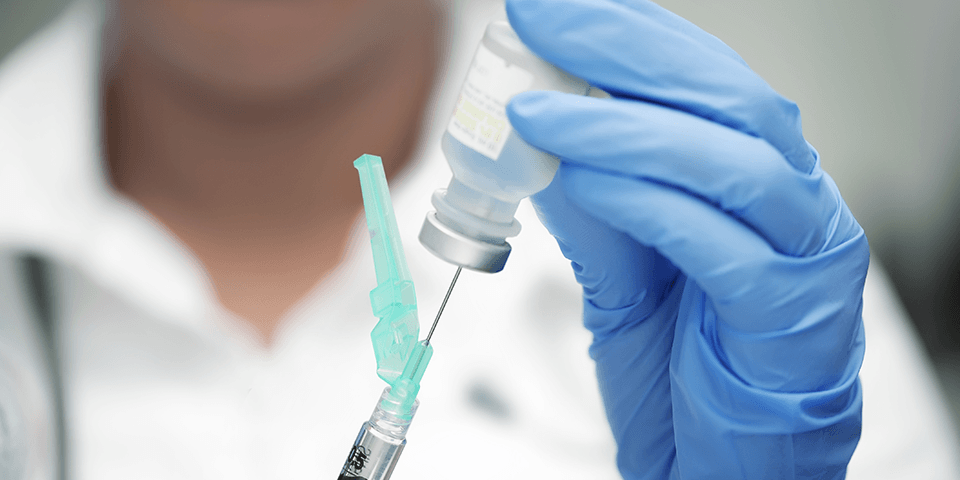Tests on a vaccine designed to eliminate allergic reactions to European honeybee stings have been successfully completed in clinical trials at Flinders University and the Royal Adelaide Hospital.
The trials involved 27 adults with a history of allergic reactions to bee stings.
Researchers report that the bee sting vaccine used in the trial contained a unique sugar-based ingredient, Advax adjuvant.
Developed in Adelaide by Vaxine Pty Ltd, the adjuvant is said to assist the body in neutralising bee venom at a faster rate.
“Our technology is like adding a turbocharger to a car and in this case makes the bee allergy vaccine much more powerful,” Professor Nikolai Petrovsky said. “[This allows] the immune system to better neutralise the bee venom and prevent allergic symptoms.”
Lead trial investigator Associate Professor Robert Heddle said the aim of using the Advax adjuvant was to determine if it would safely speed up and improve bee sting immunotherapy.
“The current treatment option for serious bee venom allergies is lengthy and cumbersome, so I hope this enhanced bee venom therapy brings about faster, but longer lasting protection to bee stings for allergic individuals,” said Dr Anthony Smith, another investigator in the trial.








